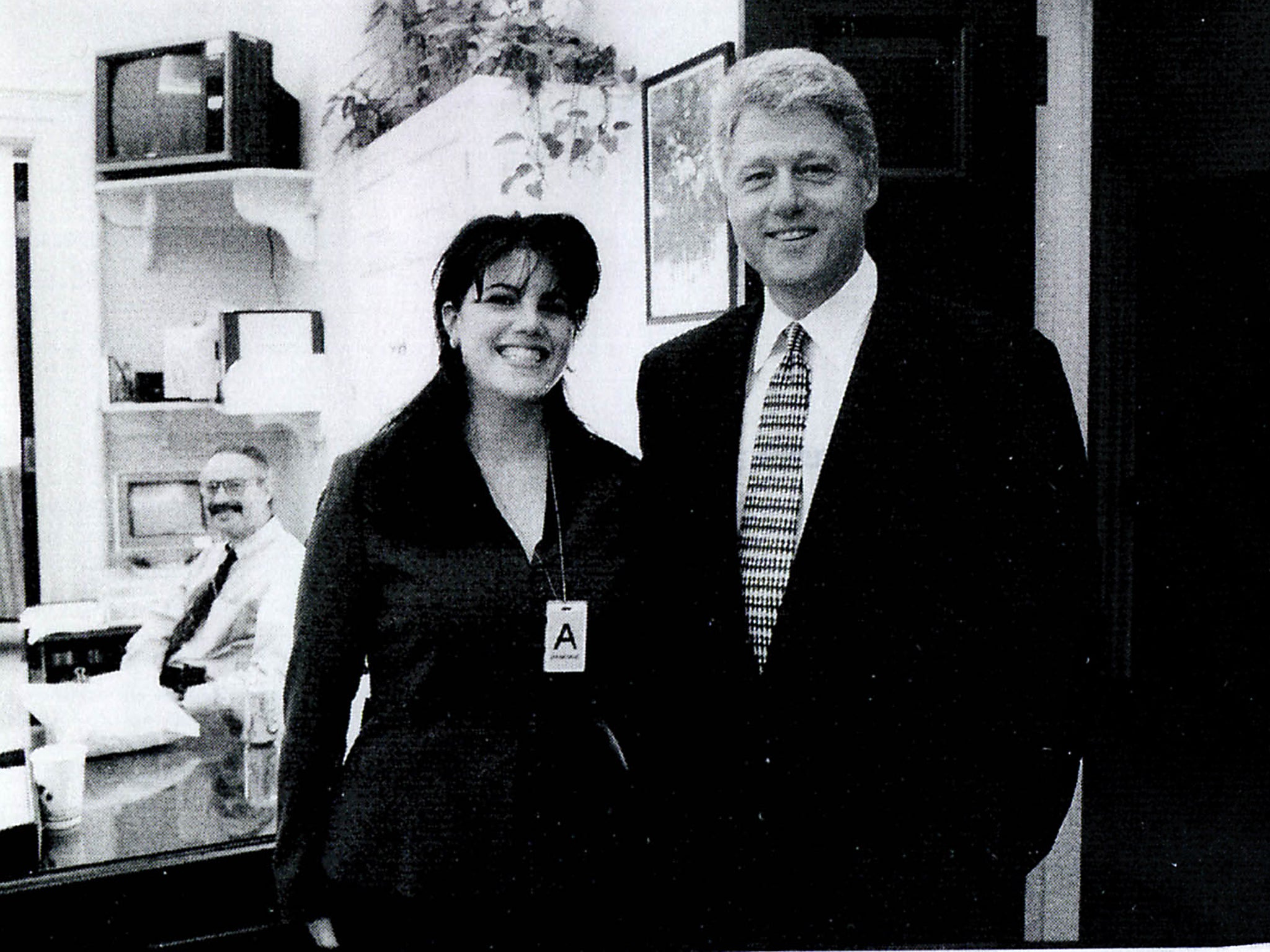When telling the truth is actually dishonest
Sometimes, even the truth can be deceiving and ‘paltering’ – the act of telling misleading facts – is a tactic that comes up often in business negotiations and politics

In the taxonomy of deception, many believe that the worst kind of lie is one of “commission” – intentionally misleading someone by knowingly making a false statement. But another common type of deception – one many have witnessed but probably didn’t know what to call – may be viewed just as badly.
“Paltering”, or the active use of a truthful statement to mislead someone, is the subject of a new research study published in the Journal of Personality and Social Psychology. It finds that the tactic is not only common – more than half of business executives on a Harvard Business School executive education course admitted they had used it in some or most of their negotiations – but it is viewed with as much distrust as intentional lies. Participants in the study rated the behaviour of someone who paltered in a negotiation as being just as unethical or untrustworthy as the person who outright lied with a known falsehood.
Say you are negotiating with a buyer over a used car you’re trying to sell. If the buyer says, “I presume the car is in excellent shape and the engine runs well,” simply failing to correct him if the engine has had problems is a lie of omission, said Todd Rogers, a professor at the Harvard Kennedy School and one of the paper’s authors. But if you say, “I drove it yesterday in 10-below temperatures and it drove well,” even if you know it’s been to the shop twice in the past month, that’s paltering. Opportunities to lie by omission, Rogers says, “actually don’t arise all that often.”
Though it is not a new term – it is borrowed from the field of philosophy – Rogers and his co-authors have co-opted the concept for the field of negotiation. Their research found that people doing the misleading think paltering is better than committing an outright lie. But the target of the deception doesn’t, said Rogers: “If people find out that you paltered, which means you told truthful statements, they react as if you lied to them.”
Politicians, Rogers said, do this all the time. The most famous example may be Bill Clinton’s famous response to NewsHour host Jim Lehrer, with which Rogers and his co-authors begin their paper. Clinton told Lehrer in 1998 that “there is not a sexual relationship – that is accurate,” with White House intern Monica Lewinsky. While the statement was technically true at the time – the Starr Commission found his relationship had ended months before the interview – it also misled people and did not tell the whole truth.

Rogers’ co-author, Francesca Gino, pointed to examples from the 2016 presidential election in the Harvard Business Review. In the 26 September presidential debate, for instance, Donald Trump answered a question about a federal lawsuit from 1973 charging his family’s firm at the time with housing discrimination. “When I was very young, I went into my father's company,” Trump said in the debate. “We, along with many, many other companies throughout the country – it was a federal lawsuit – were sued. We settled the suit with zero – with no admission of guilt. It was very easy to do”. He added: “That was a lawsuit brought against many real estate firms, and it’s just one of those things.”
While there was no admission of guilt, Gino wrote, an investigation by the New York Times suggested that the settlement did not mean the family company, which Trump was president of at the time, was innocent. The Trumps signed a consent decree, which typically does not include an admission of guilt, but “did include pages of stipulations intended to ensure the desegregation of Trump properties,” the Times reported. The Washington Post’s Fact-Checker also noted the particular lawsuit in question was “squarely aimed” at the Trumps and their company, not many companies.

Another example came from Hillary Clinton's running mate, Tim Kaine, whose assertion during the vice presidential debate that “Richard Nixon released tax returns when he was under audit” made it seem like he did so while he was running for re-election. Gino notes that, in fact, he released them under audit a year after his re-election.
Business leaders do it, too. The researchers asked experienced negotiators who were part of an executive education course at Harvard Business School whether they engage in paltering, and 52 per cent admitted to doing so. The study also found that participants believed that actively making truthful statements, even if meant to mislead, was more ethical than outright lies or passively omitting relevant information.
That could cause people to palter too much in negotiations, Rogers said. “If they think it is not that bad, and then think their counterparts won't think it’s that bad, they’d be making a mistake,” he said.

Of course, classifying whether voters or negotiation counterparts will see “paltering” as ethical is vastly complicated by an election in which the usual standards for truth and political rhetoric seemed to be ignored. Seventy per cent of the statements by President-elect Donald Trump examined by the nonpartisan fact-checking outlet Politifact have been rated mostly false.
“Paltering is only important in a world where communicators feel they have to be able to say something that's defensibly true,” Rogers said. “It really requires norms of coherence and consistency. And if you don’t abide by those, then there's no reason you would ever need to palter, because you could just say whatever you want.”
© Washington Post
Join our commenting forum
Join thought-provoking conversations, follow other Independent readers and see their replies
Comments
Bookmark popover
Removed from bookmarks